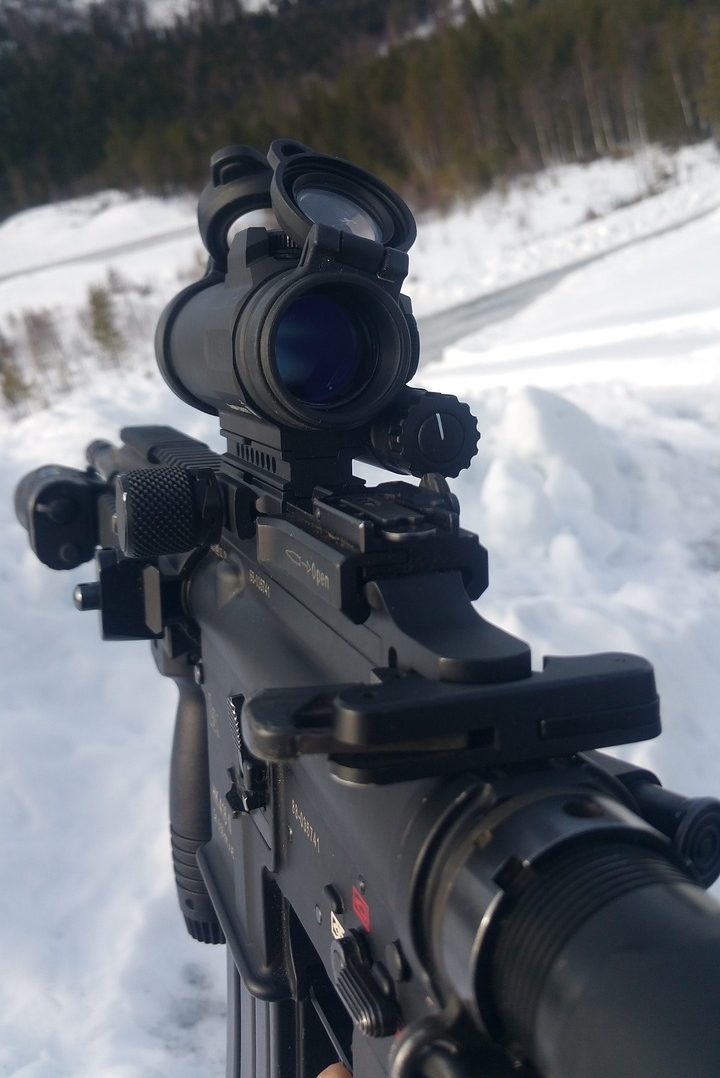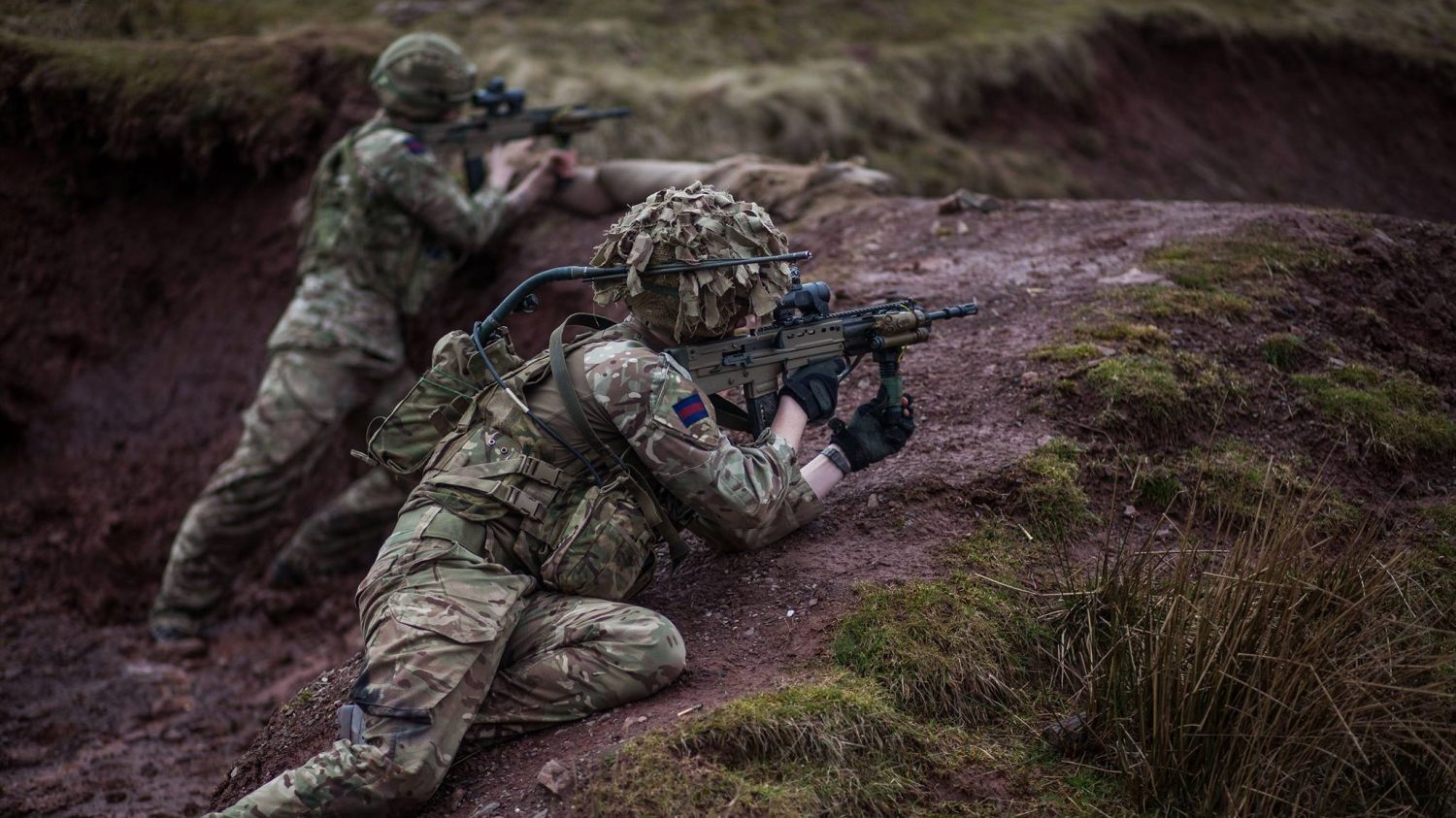
It’s not a situation that many of us find ourselves in. But when we do, we need to make sure we’re doing it correctly. No, we’re not talking about amateur dental work. Instead, we’re going to look at a delicate situation with potentially huge legal ramifications if you do it wrong. In this post, we’re going to go over how to legally ship firearms.
How to Ship a Firearm Out of State
That vast majority of the time when you’re shipping guns, it’s going to be out of state. And while this isn’t too much of a hassle, it’s definitely not as easy as sending your mother a card on her birthday. Here’s what the ATF has to say about that:
“Generally, for a person to lawfully transfer a firearm to an unlicensed person who resides out of State, the firearm must be shipped to a Federal Firearms Licensee (FFL) within the recipient’s State of residence.”
Fortunately, many local FFLs are happy to help you make that happen, which makes the entire process super easy. Your local gun store will almost certainly have experience doing this. As a result, all you need to do is stop by and ask them for help. They can take care of the rest.
Note that you can also ship a firearm to yourself out of state. That means if you own two properties and want to transfer a firearm from one to the other, you’re good to go. It also means you can ship a firearm to yourself when you go to a different state for a vacation, like a hunting trip.
Here’s one last thing to keep in mind. Certain carriers won’t allow you to ship certain firearms. For example, USPS will only handle rifles and shotguns – no pistols. Make sure you check our individual carrier’s rules so you don’t violate their terms of service.

How To Ship a Firearm In-State
Okay, so we’ve covered how shipping firearms between states works. But what happens if you need to send a gun to someone who lives in the same state as you?
Depending on which state you live in, you can actually ship a firearm between two private parties. However, it’s almost certainly going to save you time and money if you can just meet up with the recipient and exchange the firearm in-person. Most carriers (like UPS and FedEx) will only pick up and drop off firearms from a licensed FFL. This means that you’ll need to rely on the USPS to ship in-state, and we’ve already covered how they feel about handguns.
Shipping a firearm can be a stressful experience at first. But the more you do it, the more comfortable you’ll become.
To check out more answers to your firearms legality questions, check out our article with what the ATF says here.



